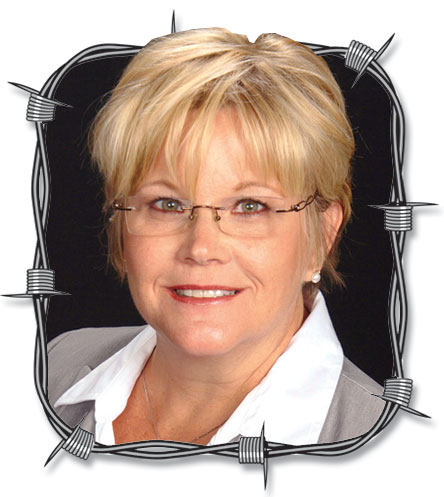 Most farmers and ranchers pride themselves on always paying their debts on time. Making late payments is not something most people take lightly. When you are forced to make your payment late, there is more at stake than just your reputation and pride. Those late payments will undoubtedly cost you more in the form of late fees or a higher interest rate. However, no matter what you do, there will be a time that it will happen to you, and with the prices that we are seeing, this may be the year.
Most farmers and ranchers pride themselves on always paying their debts on time. Making late payments is not something most people take lightly. When you are forced to make your payment late, there is more at stake than just your reputation and pride. Those late payments will undoubtedly cost you more in the form of late fees or a higher interest rate. However, no matter what you do, there will be a time that it will happen to you, and with the prices that we are seeing, this may be the year.
Here are a few do’s and don’ts if you find yourself short on funds:
• DON’T stick your head in the sand and hope it goes away.
• DO let your lender know what is going on ahead of time. If there is a way to work with you, most lenders will try to help you find a solution, especially if you’ve always paid on time.
• DON’T put it off or wait for the lender to call you and ask why you are late.
• DO look for alternative ways to make your payment. Are there FSA disaster funds available?
• DO have a plan when you call your lender. Your lender will want to know when the payment will be made and if you have a plan out of the gate. If you know this information, your lender is much more apt to wait for their payment.
• DON’T make promises you can’t keep to buy yourself more time. Your lender might fall for it once, but they won’t again. Most loan officers have to report to their supervisor and if they make a promise based on what you said, and you don’t fulfill that promise, they are less likely to stick their neck out for you again.
• DO send partial payments. Your lender will see that you are working to bring your loan current.
• DON’T say the check is in the mail if it isn’t.
• DO make a point to touch base with your loan officer weekly while your payment is delinquent to ensure them that you are working on your plan to get them current.
• DO get wiring instructions so that your payment is there as quickly as possible.
• DO keep notes on what you promised, because you can bet that your lender is keeping notes.
• DO look for ways to prevent this from recurring and tell your lender what steps you are taking for the future.
The real point to remember here is to keep your lender informed and don’t wait for them to initiate the conversation. Address the problem head on and tell them your plan, and don’t make promises you can’t keep. Your lending relationship is one of the most important relationships in your farm operation. Just like your relationship with your spouse, if you don’t communicate, there will be problems. The worst time for lender relationship problems is when times are tough.
Kathy Daily is the Senior Vice President of First Financial Bank’s Farm and Ranch Division. She has been an agricultural lender for over 25 years.




